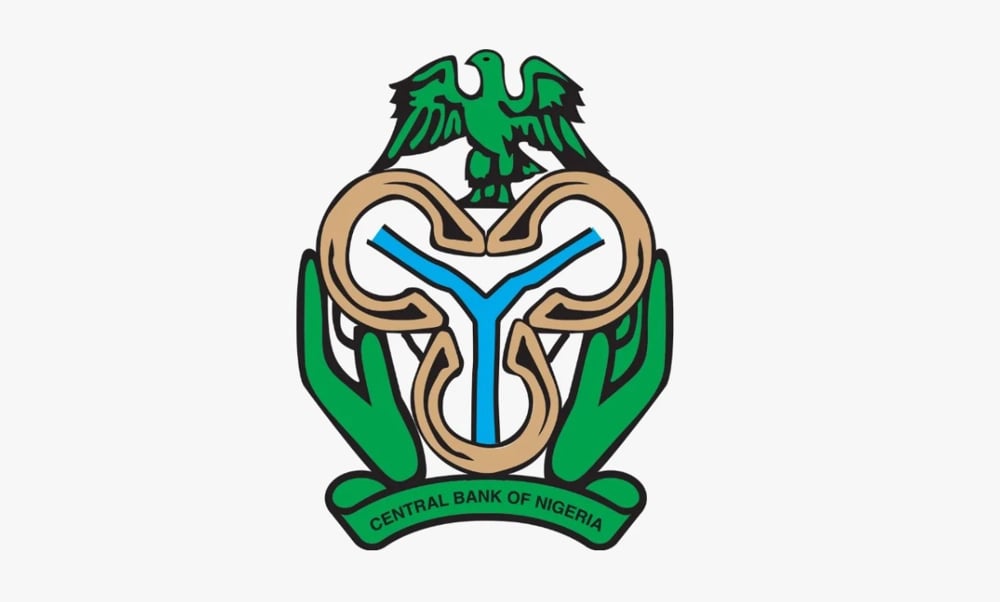

The Central Bank of Nigeria (CBN) recently announced significant losses totaling 13.9 trillion naira (approximately 9 billion dollars). These losses resulted from the settlement of overdue derivative contracts in 2024.
According to the Central Bank's report, losses from derivative financial instruments more than doubled compared to 2023, when they amounted to 6.3 trillion naira. Key factors contributing to these losses include:
Settlement of outdated transactions;
Aiming to reduce outstanding obligations in foreign currency;
Mitigating currency risks associated with external liabilities;
Striving to enhance net foreign reserves and external reserve buffers.
These measures are intended to alleviate the financial burden on the bank's balance sheet and restore confidence in support for the national currency, the naira.

In 2023, the Central Bank actively focused on increasing transparency in its operations and foreign exchange regulations. Important aspects of this reform include:
Abolishing capital control;
Ensuring free trade in naira;
Attracting capital inflows to combat dollar shortages.
This policy aims to improve investment conditions and draw financial resources into the country. In light of the significant dollar shortage, such reforms are crucial for stabilizing the economy.
The Central Bank's losses will have repercussions not only on its financial status but also on the overall economic situation in the country. The primary consequences include:
Increased financial risks for the Central Bank;
Potential deterioration of credit ratings;
Declining investor confidence in government economic measures;
Issues with liquidity in the market.

The future of Nigeria's economic policy will depend on the Central Bank's ability to adapt to changes in the global economy and internal challenges. Continued reforms aimed at enhancing transparency and stability are essential. Further adjustments to the country's financial system may be necessary to ensure a reliable economic recovery.
Key Factors Affecting the Central Bank's Reputation
Maintaining net foreign reserves;
The resilience of the naira on the international stage;
The ability to attract foreign investments.
The losses reported by the Central Bank of Nigeria in 2025 highlight the serious challenges the country faces in its financial and currency policies. Long-term sustainability and trust in the naira require coordinated efforts from both the regulator and the government to enhance transparency and reduce risks.
This is a wake-up call for the Nigerian economy to reassess its financial strategies.
These staggering losses highlight the urgent need for better risk management strategies at the CBN.